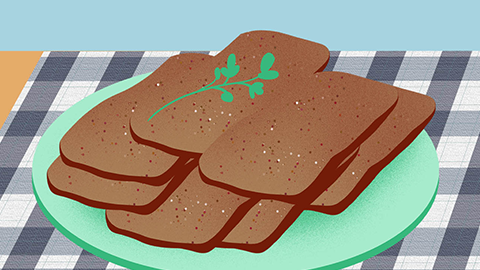What foods should patients with gout avoid?
Generally speaking, there is no absolute list of foods that gout patients cannot eat. However, consuming foods such as animal offal, seafood, concentrated meat broth, alcoholic beverages, and high-fructose drinks may trigger adverse reactions. If abnormalities occur, prompt medical attention is recommended. Detailed explanations are as follows:

1. Animal Offal: Such as pig liver, pig kidney, chicken liver, etc. These foods have very high purine content. After consumption, they metabolize into large amounts of uric acid in the body, causing a sharp increase in blood uric acid levels, which can easily trigger an acute gout attack, worsening joint redness and pain.
2. Seafood: Such as shrimp, crab, shellfish, sardines, etc. Most seafood contains high levels of purines. Consumption increases uric acid production in the body, exceeding the excretion capacity of the kidneys. Uric acid crystals deposit in the joints, causing severe pain and negatively affecting disease management.
3. Concentrated Meat Broth: Made by long-term stewing of pork or beef bones. During the stewing process, purines from the meat and bones dissolve extensively into the broth, resulting in a very high purine content in the soup. Consumption significantly increases uric acid production and raises the risk of gout attacks.
4. Alcoholic Beverages: Alcohol drinks such as beer and white spirits hinder uric acid excretion and promote the breakdown of purines into uric acid. These dual effects lead to elevated blood uric acid levels. Particularly, beer produces large amounts of purines during fermentation, making its harmful effects more pronounced.
5. High-Fructose Beverages: Sugary drinks are rich in fructose, which accelerates uric acid production during metabolism while simultaneously inhibiting uric acid excretion. Long-term consumption leads to uric acid accumulation in the body, worsening gout symptoms and causing ongoing damage to joint health.
Gout patients should primarily follow a low-purine diet in daily life, eating more fresh vegetables, fruits, and whole grains, and drinking plenty of water to promote uric acid excretion. Regular monitoring of blood uric acid levels is also recommended, with dietary and treatment plans adjusted according to medical advice.




